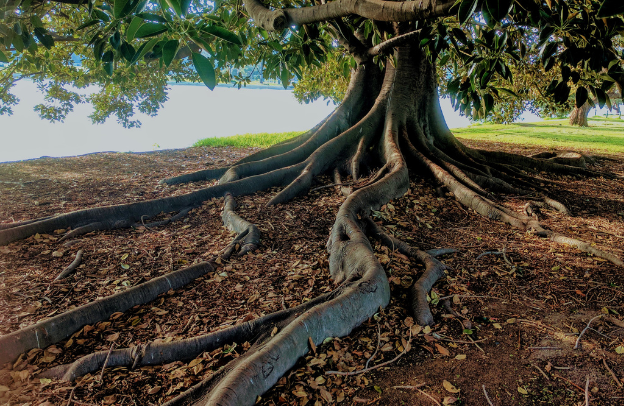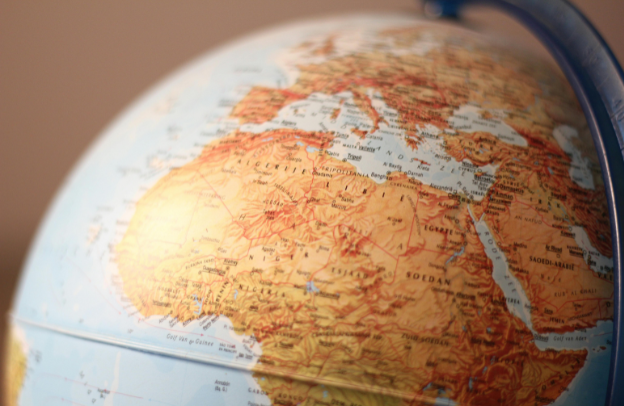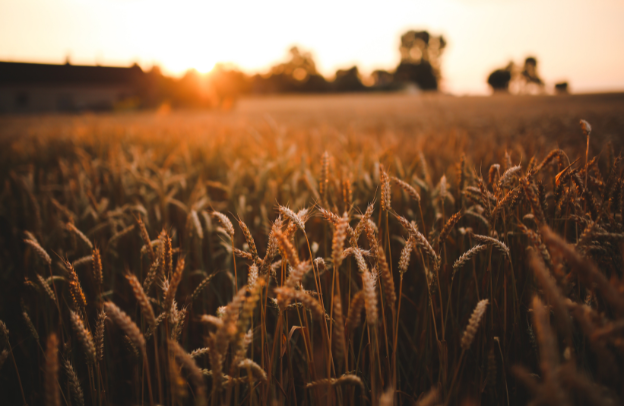Harnessing Indigenous Knowledge for Sustainable Agriculture and Rural Development

Have you ever wondered how your ancestors thrived on the land long before modern technology? How did they grow their crops, care for the soil, and maintain balance with nature? What if the key to sustainable farming, food security, and rural development in your community lies hidden in the ancient wisdom passed down through generations?
Learn How to Leverage Your Story through our Story to Asset Framework.
Indigenous Knowledge Systems (IKS) are often overlooked in the rush toward technological advancement, but they hold profound solutions for the challenges we face today.
Places like Kainam Village in Tanzania, and Esan land in Nigeria offer sustainable agricultural practices and a glimpse into the power of this knowledge—and why reconnecting with it could be the path to a more resilient and prosperous future for African communities, both on the continent and in the diaspora.
What Is Indigenous Knowledge Systems (IKS)?
Indigenous Knowledge Systems are the cumulative body of knowledge, skills, and practices developed over centuries by indigenous peoples. This knowledge isn’t just about plants and farming; it encompasses ways of understanding and interacting with the world.
Talking about why this is important today, Canada.ca, a Canadian Government digital platform stated as follows: “This Framework helps guide how the Impact Assessment Agency of Canada, Transport Canada, Canada Energy Regulator, and Fisheries and Oceans Canada implement the Indigenous Knowledge provisions of their respective legislation.”
See also Beyond the Numbers: How Vanity Metrics Can Hold Back Your Business Success
IKS includes everything from the classification of soils, plants, and animals to traditional healing methods, weather forecasting, and community-based governance. It’s deeply rooted in the culture, spirituality, and identity of the people who maintain it.
At its core, IKS is practical and deeply connected to the environment. Indigenous peoples, especially farmers, have sophisticated ways of looking at the world.
They know the subtle signs in nature, from the way birds fly to the shifts in wind direction, that signal when to plant or harvest. Their understanding of ecological balance and sustainability has been honed over centuries of experience and direct interaction with the land.
Why Does This Matter for You?
You might wonder: why should you, living outside of Africa, care about IKS? What relevance does ancient knowledge have in today’s world?
Well, as members of the African diaspora, you carry a deep, ancestral connection to these lands and to the people who have kept these traditions alive. By learning about and embracing IKS, you can reclaim a piece of your heritage while contributing to the global effort for environmental sustainability.
The African diaspora has an opportunity to bridge the gap between ancestral wisdom and modern science. The knowledge embedded in IKS is not just relevant for rural farmers; it is a framework that can help us rethink how we interact with nature in urban and rural settings alike.
In an age where industrial agriculture is depleting our natural resources and accelerating climate change, returning to practices that prioritize sustainability, biodiversity, and respect for the land is not just beneficial—it’s crucial.
The Core Principles of Indigenous Knowledge Systems
What makes IKS so powerful are the values and principles that underpin it. These are principles that have been refined over generations and that align with the needs of the community and the environment.
Sustainability:
Indigenous Knowledge Systems have sustainability at their core. Practices are developed not just for short-term benefit, but for long-term ecological balance. This deep understanding of the land ensures that natural resources are used wisely and that they can regenerate over time.
For example, the Iraqw people’s crop rotation and the use of indigenous trees for shade and windbreaks help protect the soil from erosion, allowing for continuous production.
Holistic Perspective:
IKS sees the world as interconnected. The land, animals, plants, and humans are all part of a greater whole. This worldview encourages sustainable farming methods that nurture the soil, support biodiversity, and maintain ecological health.
It’s not about maximizing yield at the expense of the environment; it’s about balance and harmony.
Adaptability and Resilience:
Indigenous peoples have been able to adapt to their environments over centuries. Their knowledge is flexible and based on observation, which allows it to change with the environment.
For instance, when faced with unpredictable weather patterns, many indigenous farmers can anticipate changes in rainfall based on their knowledge of local ecosystems, thus allowing them to adapt their planting schedules accordingly.
Collective Knowledge:
IKS is not confined to an individual but is shared collectively within communities. This creates a deep sense of solidarity and a system where knowledge is passed down through generations.
Elders are revered as keepers of this wisdom, and community rituals help sustain this knowledge within a living context.
Challenges and Opportunities for IKS in the Modern World
Despite its power and relevance, IKS has often been overlooked by the dominant scientific community, especially in Western development models.
Western research has tended to favor technology-heavy, industrialized approaches to agriculture that often disregard indigenous methods, leading to soil degradation, reduced biodiversity, and reliance on chemical inputs. Yet, the potential of IKS in sustainable agriculture is undeniable.
You might also like Scientists Develop Innovative Technique for Faster Gene Identification and Development of Resilient Corn Varieties
To unlock its full potential, we must begin to integrate IKS into modern education systems, research, and policy. Across Africa and within the diaspora, there is an urgent need to protect, preserve, and revitalize this knowledge.
For instance, incorporating IKS into primary school curricula in rural African communities can help younger generations connect with their heritage while learning practical, sustainable farming techniques that benefit both their communities and the environment.
Connecting to Your Roots: A Call to Action
For you, as a member of the African diaspora, reconnecting with IKS offers not only a way to preserve the heritage of your ancestors but also an opportunity to address some of the most pressing challenges of our time.
We discuss this in depth during our monthly live event, The African Diaspora Storytelling Series—a LinkedIn Live event dedicated to empowering individuals of African descent through the art of storytelling.
Whether through supporting the integration of indigenous knowledge into policy and education or simply learning more about the practices that sustained your ancestors, you can help ensure that this wisdom is passed on for generations to come.
In the face of global climate change and unsustainable agricultural practices, the time to act is now. Indigenous Knowledge Systems hold valuable lessons on how we can live in balance with the earth, how we can produce food sustainably, and how we can create resilient communities.
See also African Belief Systems And Its Influence On The Diaspora Community
By embracing this knowledge, we reconnect with the land, our ancestors, and each other—building a future that honors the wisdom of the past while securing the well-being of future generations.
Conclusion
This is important. Indigenous Knowledge Systems offer a path to a sustainable future grounded in the principles of sustainability, community, and resilience. By learning from and preserving IKS, you can play an active role in preserving your heritage and contributing to a more sustainable world.
The knowledge is already in your roots—now is the time to reconnect, protect, and thrive.
Learn How to Leverage Your Story through our Story to Asset Framework.





